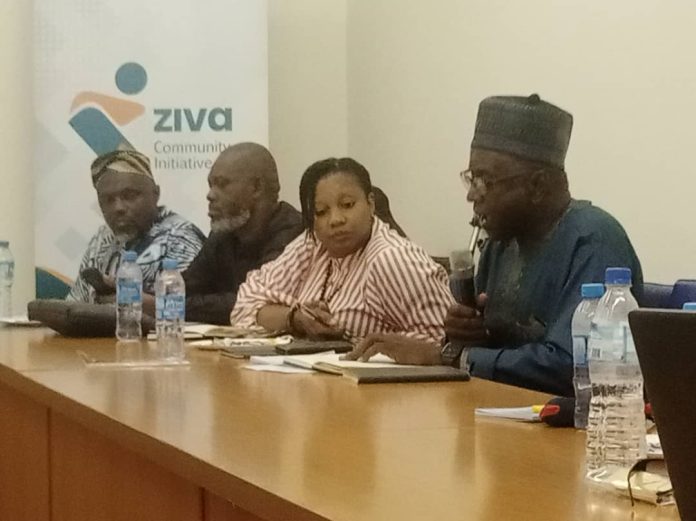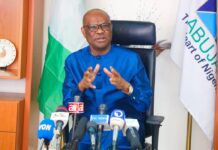The ZIVA Community Initiative, a not for-profit entity held a one-day High Level Policy Dialogue on Fiscal Governance in the Solid Mineral Sector in Nigeria.
The Roundtable which was held on the premise to diagnose the laws, policies and practices at the national and sub national levels was aimed at ensuring equitable distribution of our common resources for Nigeria’s social economic development.
Held at the Shehu Musa Yar’Adua Centre, the theme of the Dialogue centred on “Strengthening Civic Engagement and Advocacy for Equitable Distribution of Solid Mineral Revenue in Nigeria.
Welcoming the participants to the Dialogue, Ms. Emily Offodile, the Executive Director of ZIVA gave an insight on how the idea to interrogate the sector has become more necessary now, giving the economic challenges confronting the country, and the urgent need to arrest the growing inequalities. She stressed that a lot is happening in the sector that is known only to a few set of people milking the nation at the expense of majority of Nigerians.
In a presentation on the research output for validation, Dr. Kelechukwu Okezie, a consultant to the project identified key factors affecting the efficient administration of the solid mineral sector, which include among others, the non available data on the operators, inadequate information to host community and lack of proper administrative processes by the government.
Lead participants at the Dialogue which include representative of the Nigeria Extractive Industry Transparency Initiative, NEITI, Ministry of Mines and Steel Development and civil society organizations, CSOs identified corruption, environmental depredations, lack of transparency and over-burdened taxes among others as challenges hindering the efficient management of the sector.
Others CSOs in attendance include representatives of Miners Association of Nigeria, MAN and the National Coordinator of CSO Coalition for the Revival of Ajaokuta Steel Company. They therefore called for enhance and sustained advocacy, partnership and consultations as ways to addressing the challenges.




